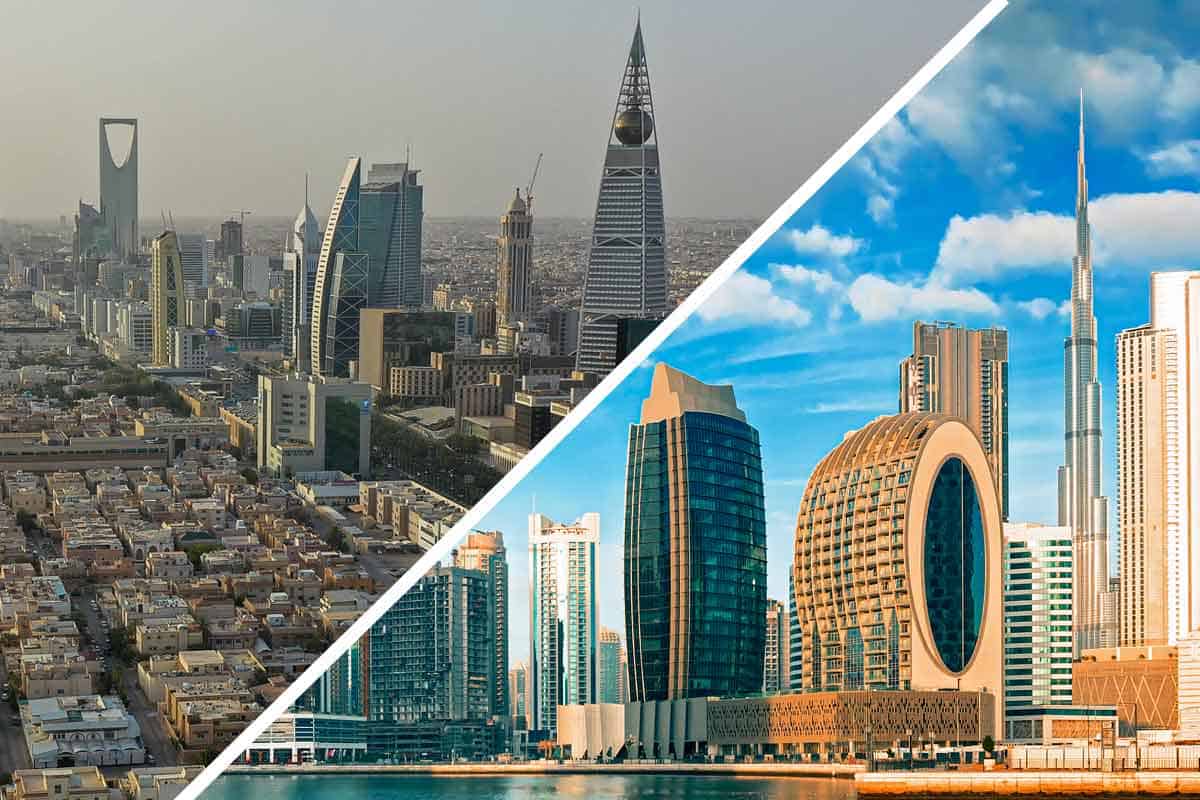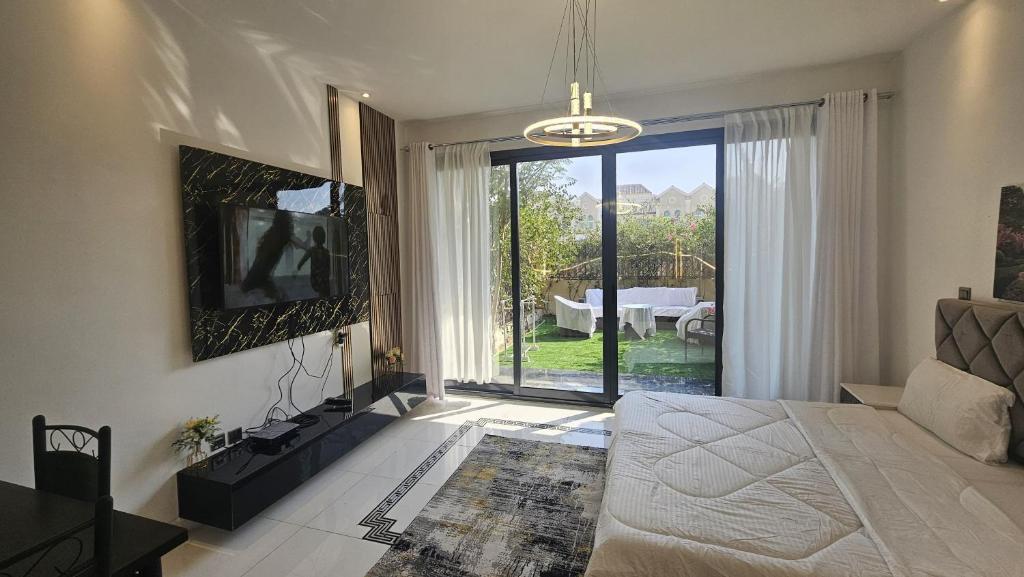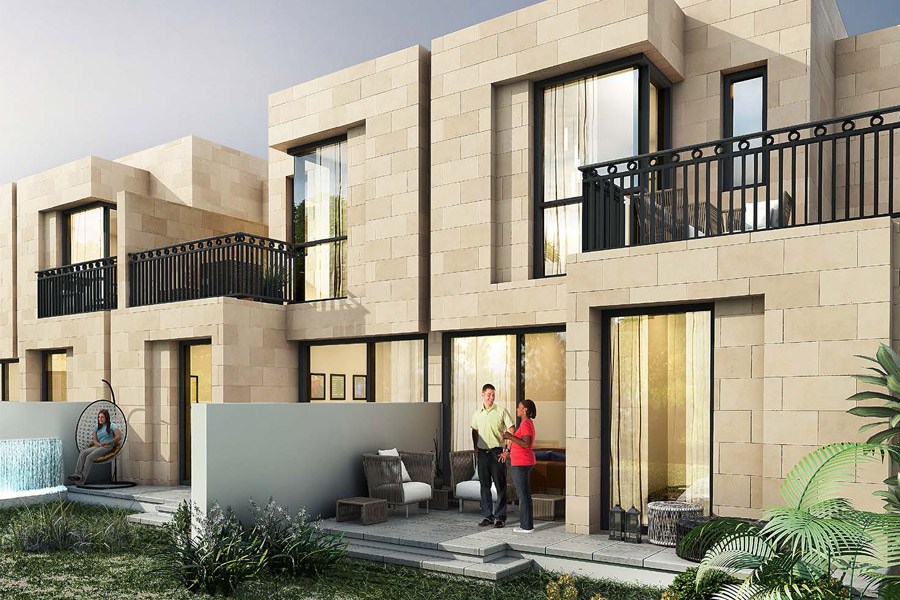How Can Foreigners Buy Property in Dubai? A Comprehensive Guide
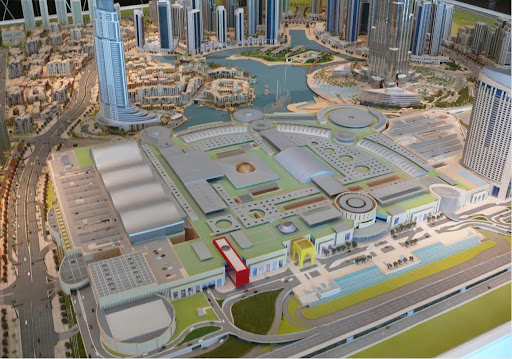
For a considerable amount of time, investors and immigrants in search of a dynamic lifestyle and profitable prospects have been drawn to Dubai, the glittering gem of the United Arab Emirates. The real estate market in the city is well known for its opulence, inventiveness, and magnificence. This article will lead you through the necessary procedures and important factors if you're a foreigner wishing to invest in real estate in Dubai so you can proceed with confidence.
Are foreigners allowed to buy property in Dubai?
Whether it's a wise long-term investment for foreigners to acquire real estate in Dubai is a question that many have. Yes, that is the response. Foreign citizens are permitted to own real estate freeholds, including foreign residents and expatriates residing in Dubai. This implies that people are free to purchase, sell, or rent their real estate. There's a catch, though: they can only purchase real estate in specific locations that the Dubai government has classified as freehold zones.
Steps For Buying Property In Dubai As A Foreigner:
1. Recognizing Dubai's Real Estate Market
It's important to educate oneself about Dubai's real estate market before beginning the property purchase process. The property market in Dubai is distinguished by:
Diverse Property Options: From ultra-luxurious villas and penthouses to economical apartments and commercial spaces.
Freehold vs. Leasehold Areas: Leasehold regions usually include long-term leases, whereas freehold areas permit foreign nationals to purchase property entirely.
Regulatory Environment: The Dubai Land Department (DLD) and the Real Estate Regulatory Agency (RERA) are in charge of enforcing Dubai's clearly defined legislative framework, which serves to safeguard purchasers and investors.
2. Eligibility Criteria for Foreign Property Buyers
Although there are certain restrictions and requirements, foreigners are permitted to purchase real estate in Dubai.
Freehold Areas: Foreigners can purchase property outright in designated freehold areas. These areas are specially allocated for foreign ownership and include some of the most desirable locations in Dubai.
Located all around the city, including well-known spots like:
• Downtown Dubai
• Dubai Marina
• Palm Jumeirah
• Jumeirah Lakes Towers (JLT)
• Business Bay
In these areas, foreigners can own both residential and commercial properties in their own name without any restrictions.
Leasehold regions: In leasehold areas, foreigners can lease property for long periods, typically up to 99 years. However, they cannot own the property outright. Leasehold areas offer an alternative for those interested in properties that are not located in freehold zones. Examples include:
• Al Barsha
• Dubai Sports City
• Dubai Silicon Oasis
Investment Caps: The amount that foreigners can invest is not strictly capped, but the property must be used for personal use or investment purposes only—it cannot be purchased with the intention of selling it quickly.
3. Eligibility Requirements
3.1 Residency
Property ownership in Dubai does not entitle one to permanent residency. Dubai does, however, provide a number of resident permits related to property ownership:
Property Owner Visa: Investors may be eligible for a three-year property owner visa if they purchase property for at least AED one million.
Long-Term Resident Visas: Foreign investors may be eligible for long-term resident visas, which last five to ten years, for investments of AED five million or more.
3.2 Investment Limits
Foreigners are usually not restricted in how much they can invest, but the property must be meant for investment or personal use. The Dubai Land Department (DLD) oversees adherence to regional legislation and controls property ownership.
4. Buying Process

4.1 Research and Selection
The first step for overseas purchasers should be market research to find appropriate properties. Think about things like developer repute, property type, and location. Hiring a trustworthy real estate agent can help you identify the ideal property and offer insightful advice.
4.2 Legal and Financial Preparation
Legal Representation: To evaluate contracts and guarantee adherence to legal requirements, retain the services of a lawyer versed in UAE property laws.
Finances: Banks in the United Arab Emirates grant mortgages to foreign nationals, usually with a 20–25% down payment. It's critical to comprehend the mortgage's terms and conditions.
Yes, foreigners are allowed to buy property in Dubai, and the city’s real estate market is quite open to international investors. Here’s a detailed look at the regulations and opportunities available for foreign buyers:
5. Types of Ownership
5.1 Freehold Areas
Foreigners can purchase the property outright in designated freehold areas. These areas are specially allocated for foreign ownership and include some of the most desirable locations in Dubai, such as:
• Downtown Dubai
• Dubai Marina
• Palm Jumeirah
• Jumeirah Lakes Towers (JLT)
• Business Bay
In these areas, foreigners can own both residential and commercial properties in their own name without any restrictions.
5.2 Leasehold Areas
In leasehold areas, foreigners can lease property for long periods, typically up to 99 years. However, they cannot own the property outright. Leasehold areas offer an alternative for those interested in properties that are not located in freehold zones. Examples include:
• Al Barsha
• Dubai Sports City
• Dubai Silicon Oasis
6. Eligibility Requirements
6.1 Residency
Owning property in Dubai does not automatically grant residency rights. However, Dubai offers various residency visas linked to property ownership:
Property Owner Visa: Investors who buy property worth AED 1 million or more may be eligible for a property owner visa, valid for up to three years.
Long-Term Residency Visas: For investments of AED 5 million or more, foreign investors may qualify for long-term residency visas, ranging from five to ten years.
6.2 Investment Limits
There are generally no specific limits on the amount foreigners can invest, but the property must be intended for personal use or investment. The Dubai Land Department (DLD) regulates property ownership and ensures compliance with local laws.
7. Buying Process
7.1 Research and Selection
Foreign buyers should start by researching the market to identify suitable properties. Consider factors like location, property type, and developer reputation. Engaging a reputable real estate agent can provide valuable insights and assist with finding the right property.
7.2 Legal and Financial Preparation

Legal Representation: Hire a lawyer familiar with UAE property laws to review contracts and ensure compliance with legal requirements.
Financing: Foreigners can obtain mortgages from UAE banks, typically requiring a down payment of 20-25% of the property value. It’s essential to understand the terms and conditions of the mortgage.
7.3 Sales Agreement
Once a property is selected, a Sale and Purchase Agreement (SPA) is signed. This legally binding document outlines the terms of the purchase, including payment schedules and property details.
7.4 Registration
The property needs to be registered with the Dubai Land Department (DLD) after the sale is finalized. This includes:
Payment of Registration Fees: Typically, the buyer and seller split 4% of the purchase price of the property.
Title Deed Issuance: After registration, the buyer receives a Title Deed, proving ownership of the property.
8. Ongoing Considerations
8.1 Property Management
Foreign owners who do not live in Dubai could find it beneficial to work with a property management business to take care of maintenance, rental agreements, and other property-related duties.
8.2 Utility Services
Arranging utility services (water, electricity, and internet) in your name is necessary for property usage.
8.3 Taxation
Dubai does not impose property taxes, but buyers should be aware of other costs such as community fees and service charges. Additionally, consider any tax implications in your home country, especially if you earn rental income from the property.
9. Market Trends and Future Outlook
9.1 Analysis of Markets
Keep up with the latest news and regulations pertaining to Dubai's real estate sector. Property valuations and investment returns can be impacted by market conditions.
9.2 Financial Aspects
Keep an eye on economic indicators and world events, such as commerce, foreign relations, and tourism, that may have an impact on Dubai's real estate market.
Conclusion:
It is true that foreigners can purchase real estate in Dubai, and the city provides a wide range of options in both freehold and leasehold locations. Through comprehension of the legislation, prudent financial and legal planning, and collaboration with seasoned experts, foreign purchasers can adeptly maneuver the Dubai real estate arena. Global investors find Dubai's real estate market to offer appealing possibilities, whether they are purchasing for personal use, investment purposes, or a combination of both. Looking for that perfect off-plan property in Dubai? Let OffPlanDXB take you through the vibrant real estate market of Dubai City.
RELATED POSTS
RECENTLY LISTED PROPERTIES

Signature Mansions by Signature Developers
Jumeirah Golf Estates
18.5

MAG 777 by MAG Group
Dubai Sports City
777

Al Serh Residences 11 by Al Asak Development
Jumeirah Village Circle(JVC)
675.8
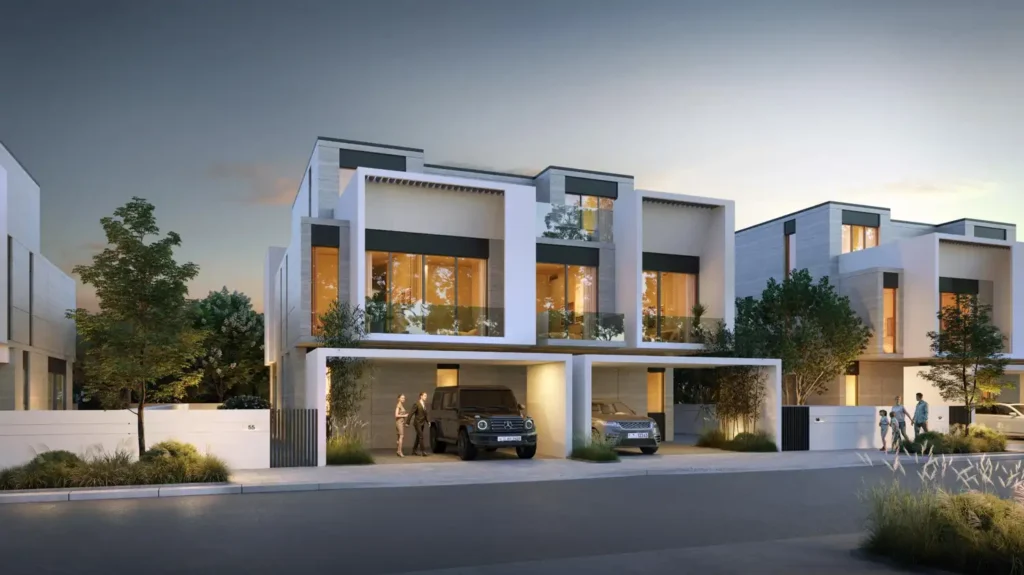
Dar Global Villas at Jumeirah Golf Estates, Dubai
Jumeirah Golf Estates
5900000

City Walk Crestlane at City Walk, Dubai - Meraas
City Walk Crestlane
2.6
